
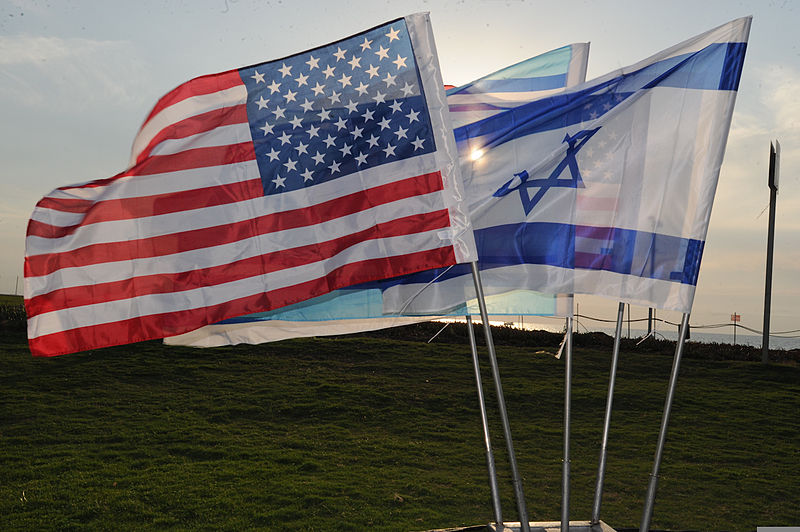
When many of us enter our synagogues, we see two flags framing the Aron Kodesh: the flag of the United States and the flag of Israel.
Looking at the American flag, we may think about how much this country has changed over the past two years and how deeply concerned we are about its direction. Nevertheless, as disheartened as we may feel, we are empowered by the knowledge that we have the right, responsibility and ability to fight for what we believe.
Our thoughts about the Israeli flag are more complicated. Many of us think about how much Israel has changed and how concerned we are about some of its policies, whether they relate to the coercive role of state religion or to the expansion of settlements in the West Bank.
We know that the Star of David at the center of the Israeli flag is a Jewish star. What Israel does helps define us; what we do helps define Israel. Yet many American Jews still believe we must constrain our words and actions when it comes to the policies that are shaping the very future of the Jewish state.
To be sure, there is a growing recognition of Israel-Diaspora interdependency, as Dennis Ross wrote in The New Republic: “The Israeli government must pay more attention to the sensitivities in the outside Jewish world, particularly when the state declares itself to be the nation-state of the Jewish people. That requires its leaders to see themselves as representing the Jewish communities outside of Israel as well.”
At the same time, Ross continues, “Diaspora Jewry should also acknowledge a basic reality: When it comes to security, it is Israelis who live in a region where threats are commonplace and peace is not. … When it comes to security issues, the Diaspora’s considerations must be secondary to Israel’s.”
Ross’ distinction may be familiar but it is no longer functional. The conventional wisdom, that American Jews can be involved in “who is a Jew” or helping victims of terror, but not in matters related to West Bank settlements or attacks on Israel’s democratic institutions, is outdated.
Indeed, perhaps the most generous American donor to Israeli causes, Sheldon Adelson, doesn’t abide by this distinction. Yes, he supports Israelis who are researching how to cure cancer and strengthening Jewish identity. And, although he is not an Israeli citizen and cannot vote in an Israeli election, Adelson also gives tens of millions of dollars to Israeli institutions that advocate foreign and defense policies reflecting his own perspective on what is best for Israel. Indeed, his funding also enables these same organizations to thwart the efforts of Israelis who think differently.
“We know that the Star of David at the center of the Israeli flag is a Jewish star. What Israel does helps define us; what we do helps define Israel. “
I believe that Adelson, who certainly sees the Jewish star at the center of the Israeli flag, presents us with a challenge: Will those of us who are troubled by policies we believe put the future of a Jewish, democratic state at risk, embrace our right and the responsibility as Jews to support the causes, organizations, and policies that reflect our values and our convictions?
I hope we will. I hope we will assert the right and duty of all American Jews to do the same:
Whether they are bat mitzvah girls denied an aliyah at the Kotel …
or college students who feel isolated on campus — attacked for their support of Israel but ostracized for speaking out against Israeli settlements …
or community leaders concerned about the rise on anti-Semitism …
or pro-Israel activists who, like hundreds of Israeli generals, believe that annexing the West Bank would weaken Israel’s security and eventually jeopardize American support for Israel …
We must do so, for the sake of Israel, for the sake of what we hold dear at home, and for the sake of our children, many of whom are turning away from Israel because they don’t hear us sharing their concerns about the direction the country is heading.
If we believe the Jewish star to be ours, each one of us must live by our values, and thereby help shape the future of the Jewish state.
Jonathan Jacoby is the recipient of this year’s Career Achievement Award from the Jewish Communal Professionals of Southern California.
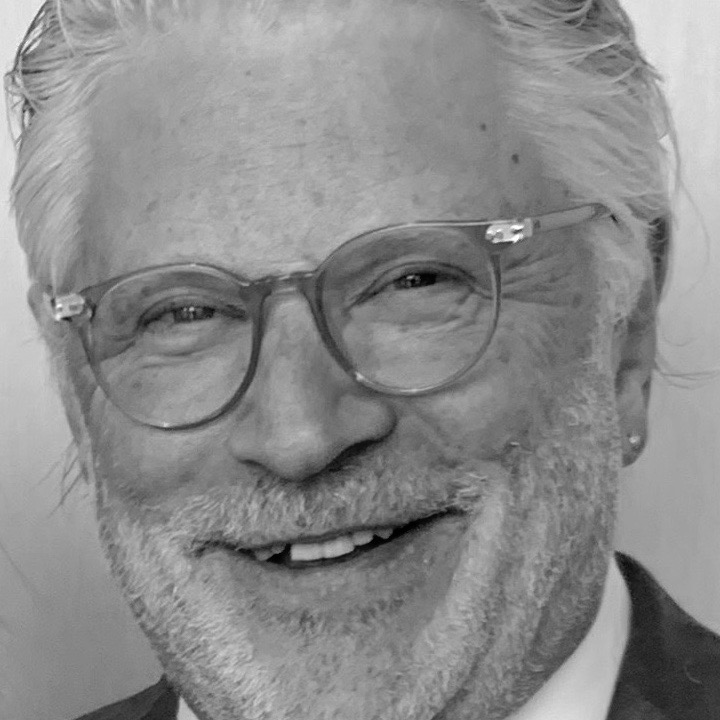







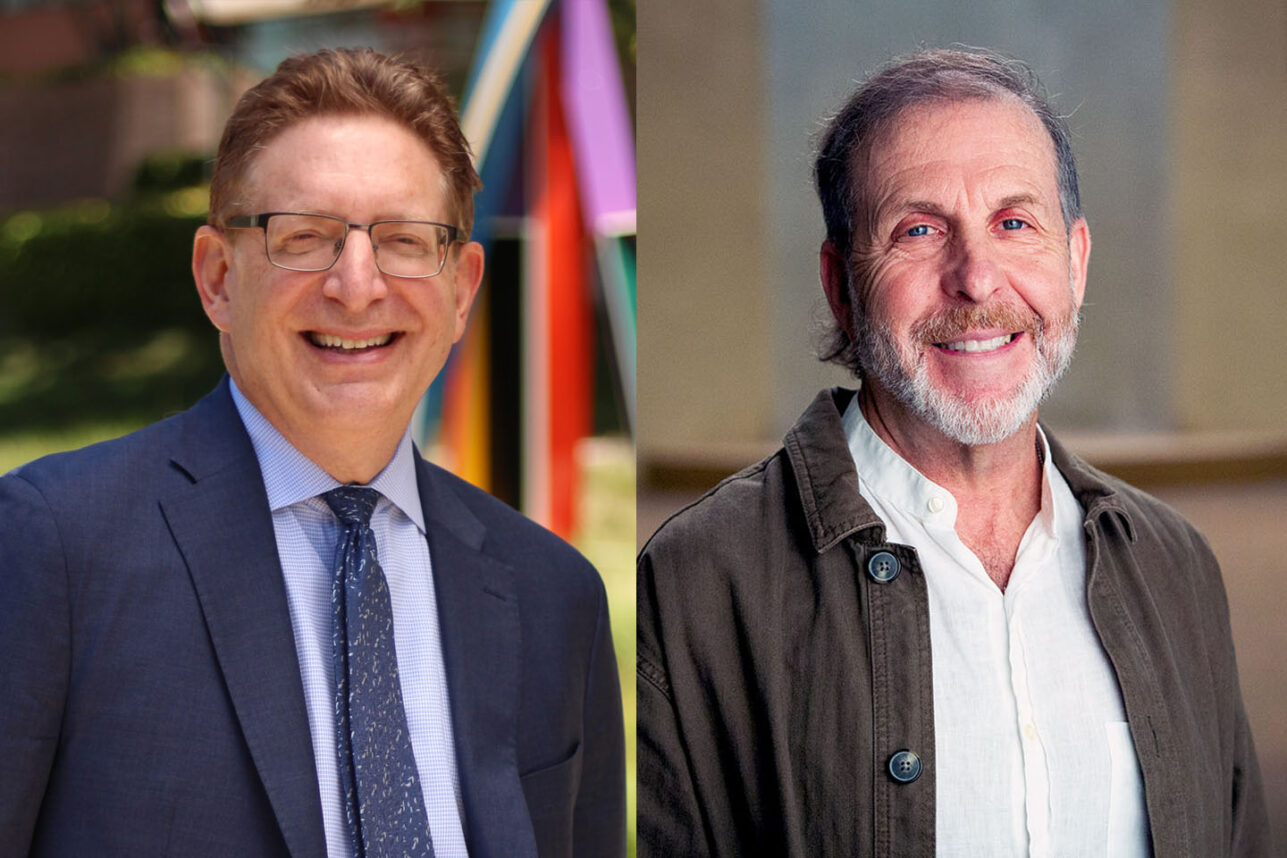
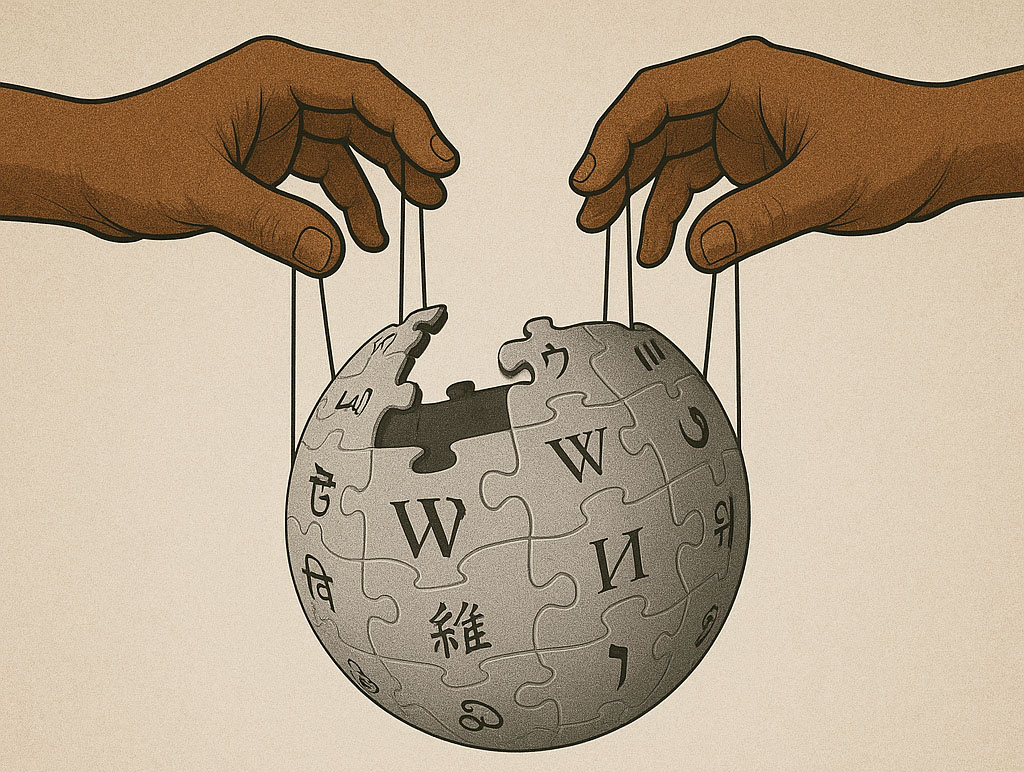
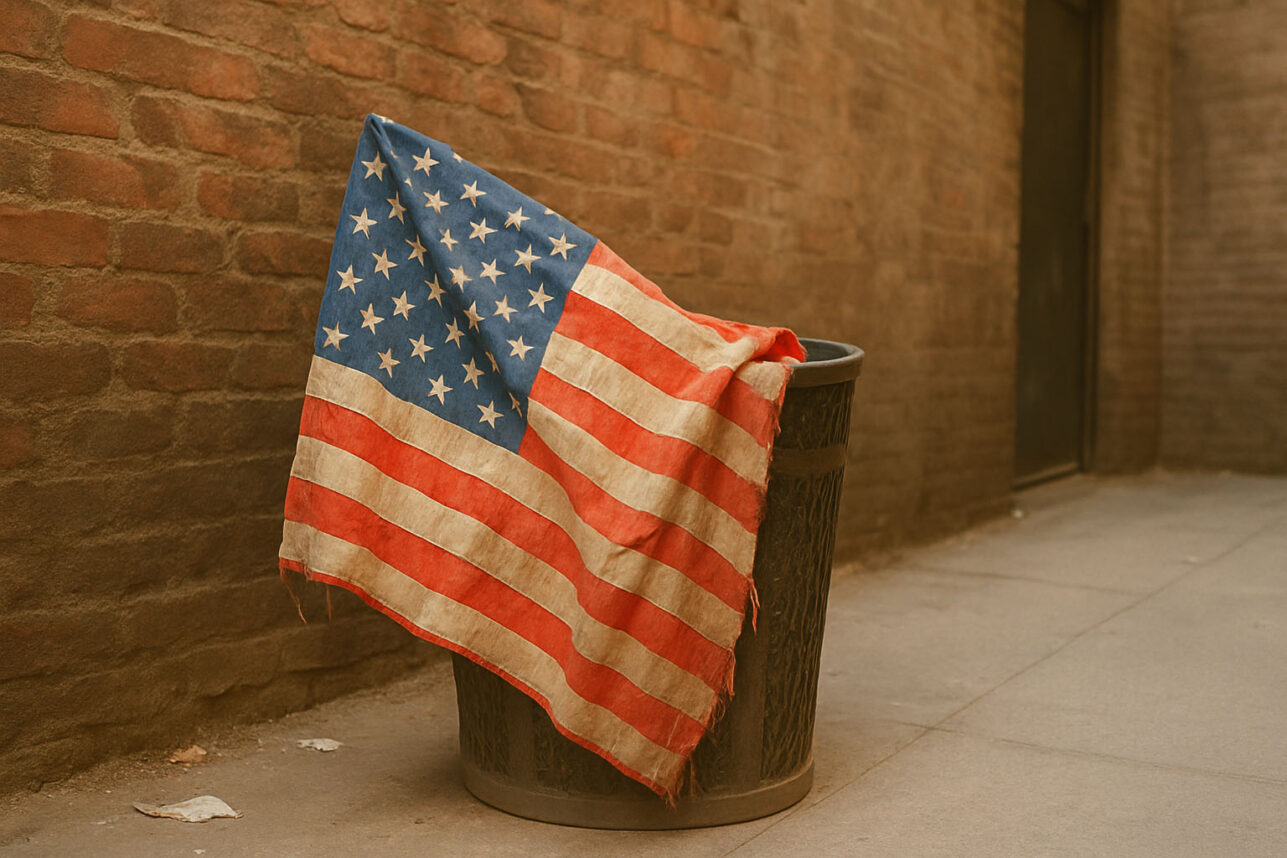

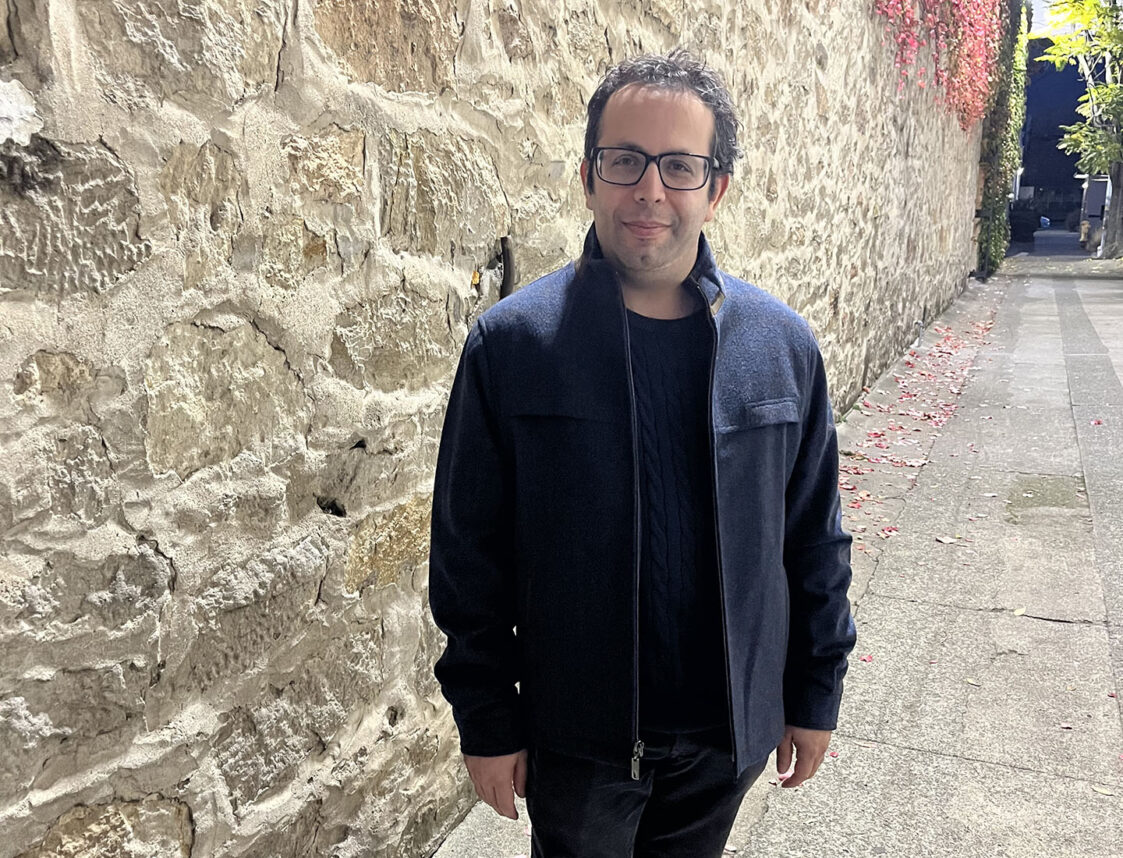

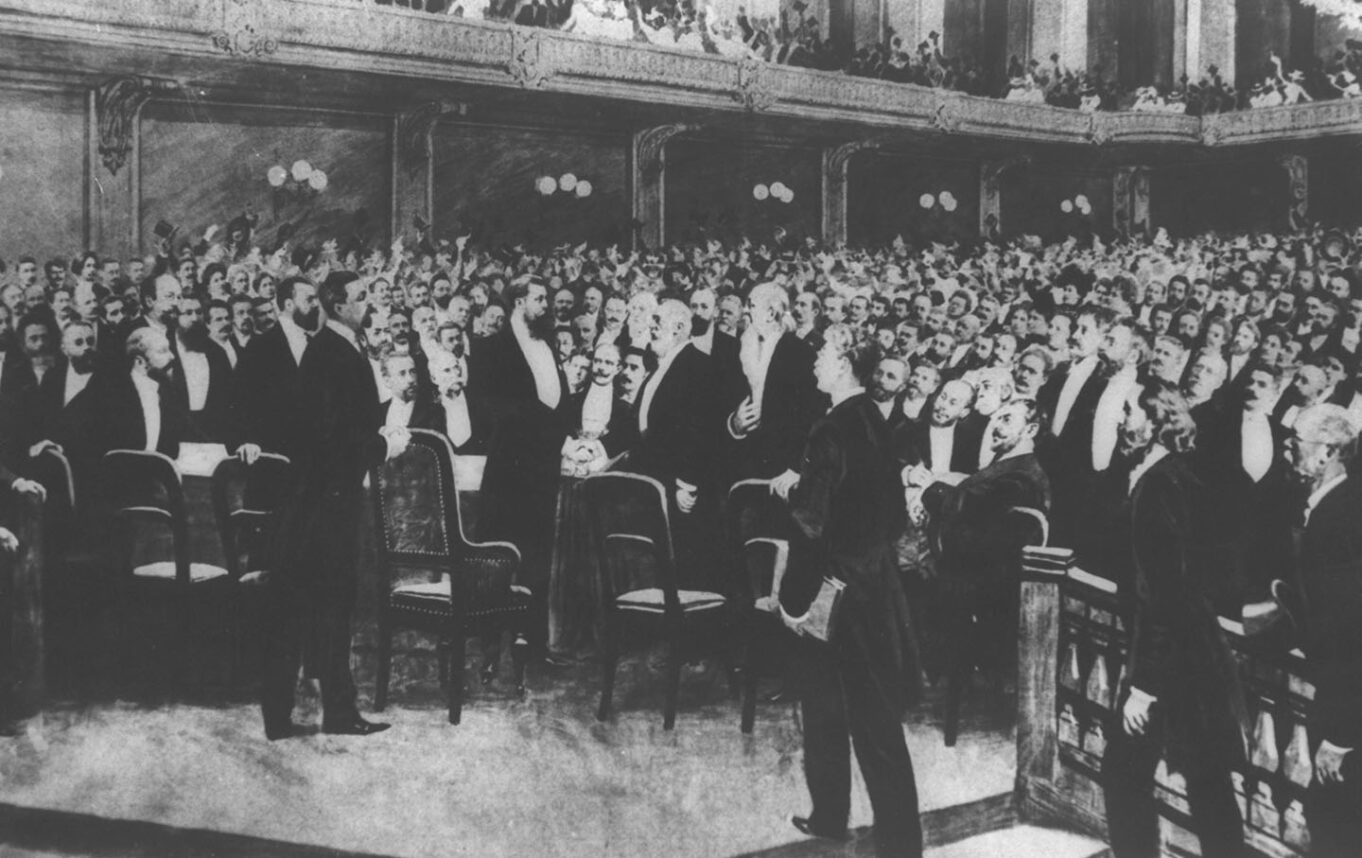

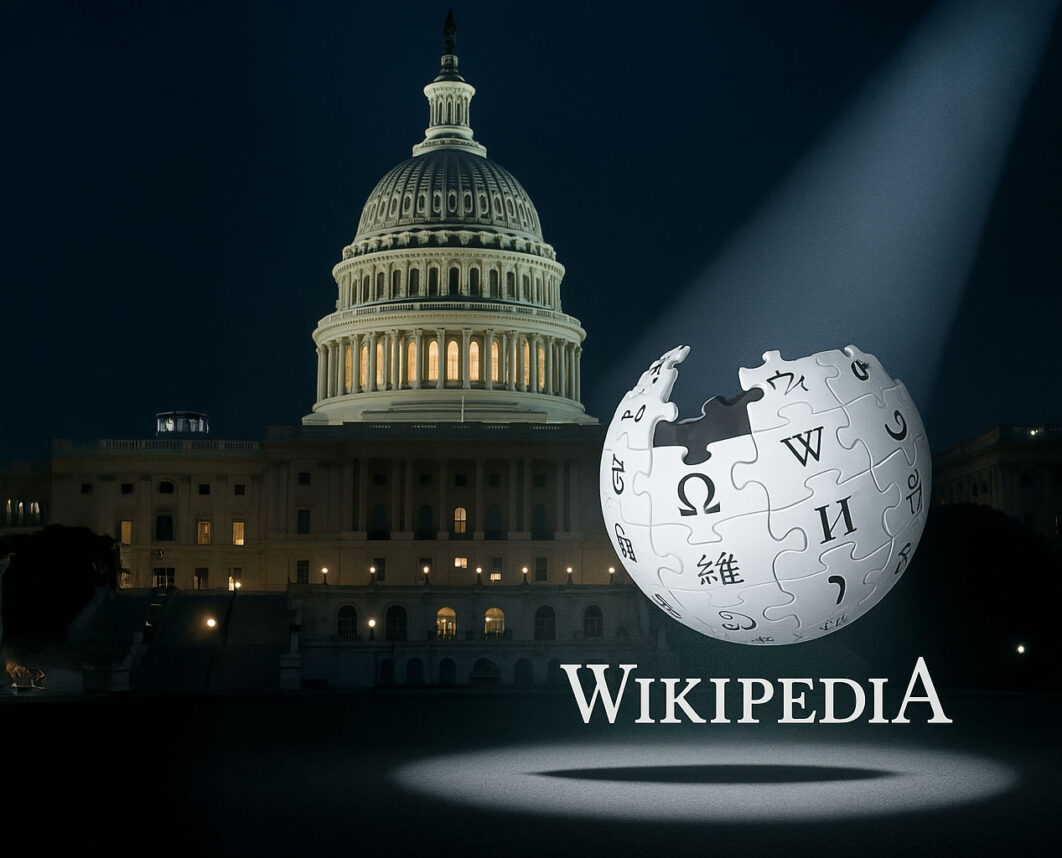






 More news and opinions than at a Shabbat dinner, right in your inbox.
More news and opinions than at a Shabbat dinner, right in your inbox.